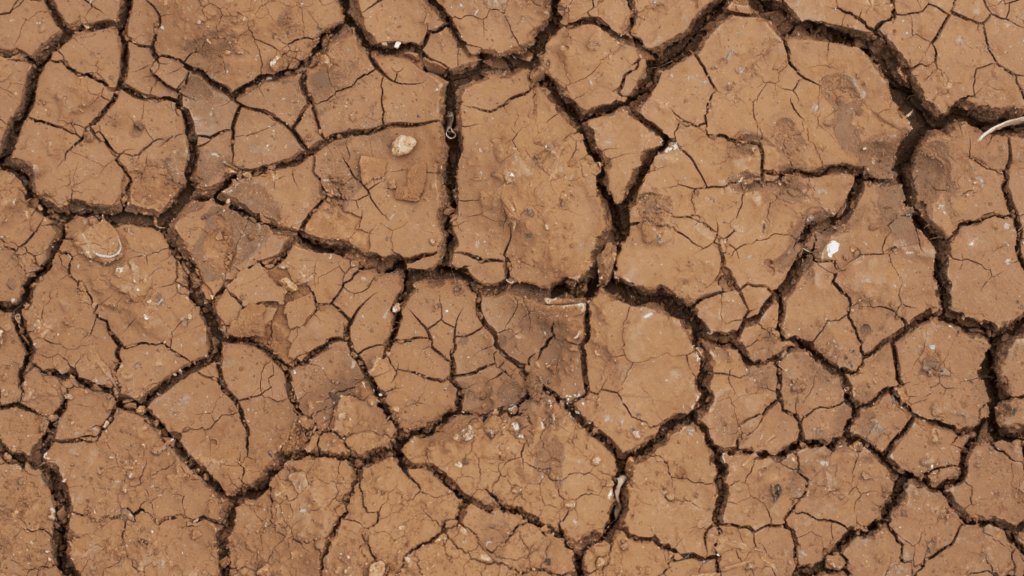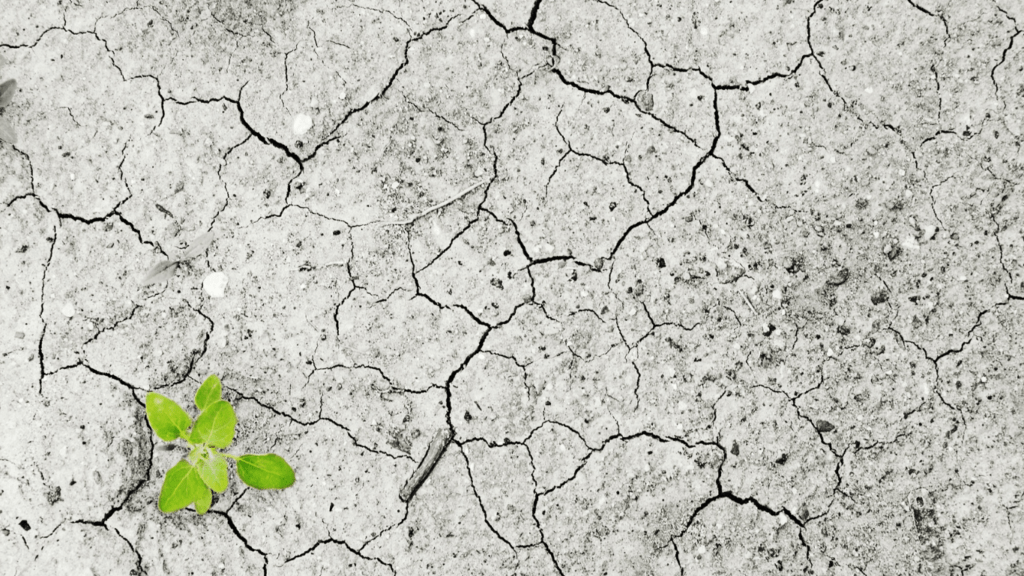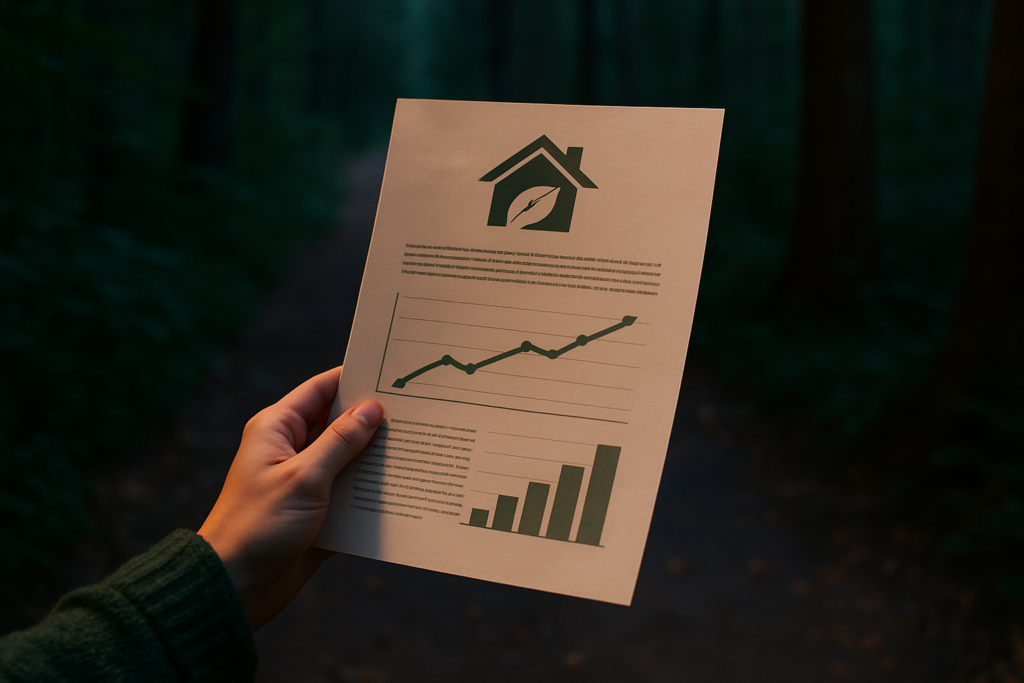In recent years, the impact of climate change on the real estate industry has become increasingly evident. As a real estate expert, I’ve witnessed firsthand how rising sea levels, extreme weather events, and shifting climate patterns are reshaping the way we think about property investments.
From coastal properties facing the threat of erosion to urban areas vulnerable to flooding, the effects of climate change are forcing both buyers and sellers to reconsider their strategies. As I delve into the ways in which climate change is transforming the real estate landscape, it’s clear that sustainability and resilience are no longer just buzzwords but essential criteria for property valuation.
The traditional factors that once drove real estate decisions are being overshadowed by the need to adapt to a changing climate. Join me as I explore the challenges and opportunities that arise as we navigate this new era of climate-conscious real estate investing.
Understanding the Impact of Climate Change on Real Estate
Discussing the Impact of Climate Change on Real Estate, it’s evident that rising sea levels and extreme weather patterns are fundamentally reshaping property investments. Buyers and sellers in the real estate market are reconsidering their approaches due to these environmental challenges.
Incorporating sustainability and resilience have now become essential factors in assessing property value, overshadowing traditional considerations. The evolving landscape of climate-conscious real estate investing presents both obstacles and opportunities for stakeholders.
Current Trends in Real Estate Adaptation to Climate Change
Adapting to the challenges posed by climate change is driving current trends in the real estate industry. As an expert in the field, I’ll delve into key strategies being implemented to address these environmental changes.
Green Building Practices and Sustainable Design
Green building practices and sustainable design have become central to real estate development in the face of climate change. I lead initiatives to incorporate eco-friendly materials and energy-efficient systems in building projects, enhancing durability and reducing environmental impact.
Implementing features like solar panels, green roofs, and efficient insulation not only mitigate climate risks but also attract environmentally-conscious buyers.
Climate-Resilient Infrastructure Development
The shift towards climate-resilient infrastructure is paramount in the real estate sector. In my experience, investing in flood defenses, stormwater management systems, and robust building structures is crucial to adapting to changing climate conditions.
By prioritizing resilient infrastructure, we can safeguard properties from extreme weather events and ensure long-term sustainability in the face of climate challenges.
Risks Posed by Climate Change to the Real Estate Market
Sustainable practices and green housing solutions are key to addressing the affordable housing challenge while promoting long-term environmental benefits. By focusing on energy-efficient designs, renewable energy sources, and water-saving technologies, these innovations help reduce utility costs for residents and minimize the environmental impact of buildings.
Incorporating sustainable practices into affordable housing can also lead to significant cost savings over time. Using recycled materials, implementing proper insulation, and adopting energy-efficient appliances not only reduce operational expenses but also improve the quality of life for residents through better indoor air quality, natural lighting, and thermal comfort, contributing to a healthier living environment.
Future Prospects for a Climate-Adaptive Real Estate Industry
In discussing future prospects for a climate-adaptive real estate industry, it’s evident that embracing sustainable practices and climate-resilient strategies will be paramount. As climate change continues to impact the real estate landscape, stakeholders must proactively adapt to ensure long-term viability and success.
- Emphasis on Sustainable Development: Prioritizing sustainable development practices, such as green building and energy-efficient design, will be crucial for enhancing property value and attracting eco-conscious buyers. Integrating features like solar panels and green roofs not only reduces environmental impact but also serves as a selling point for environmentally-minded consumers.
- Importance of Climate-Resilient Infrastructure: Investing in climate-resilient infrastructure, including flood defenses and robust building structures, is essential to safeguard properties against extreme weather events. Implementing measures like improved drainage systems and flood-resilient construction can significantly enhance resilience and mitigate risks associated with climate change.
- Risk Management and Insurance Adaptation: With climate-related risks influencing property valuations and investment decisions, stakeholders must adopt proactive risk management strategies. The adaptation of the insurance industry to climate exposure, reflected in changes to coverage options and premiums, underscores the need for stakeholders to assess and mitigate climate risks effectively.
In navigating the evolving real estate landscape amidst environmental uncertainties, a proactive approach to sustainability, resilience, and risk management will be critical for ensuring the industry’s adaptability and future prosperity.



